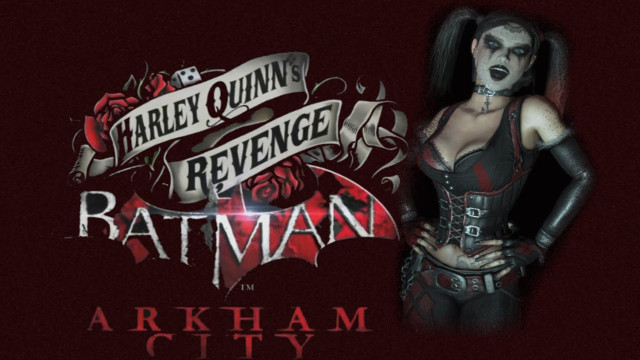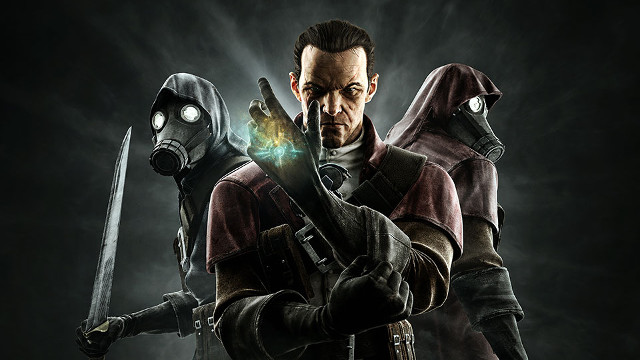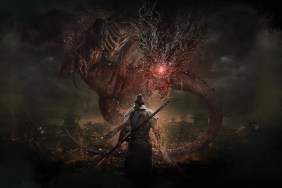Now that all the dust has settled on Dishonored 2, and everyone is moving on to New Game Plus and the upcoming customizable difficulty, it's a good time to reflect on the story as a whole. It's safe to say that discussing spoilers should be fair game, by now, but just in case, this article contains spoilers.
While many, myself included, praised Dishonored 2 for it's intricate plot based on a family drama – with the main antagonist being Delilah Copperspoon, who seizes Emily Caldwin's throne in a violent coup. What strikes me now, thinking about the plot in retrospect, is how this character and many other details from the plot of Disohonored 2 are pulled directly from the two story DLC packs from the original Dishonored.
But now, I have to wonder, is that a good thing?
The Case For
In many ways, you can make an argument for this practice. Story DLC is by the far the most consumer-friendly way to add-on to the game, even if it's for pay. This is something that will truly enrich the experience that, more often than not was created well after a game became popular – with notable exceptions, such as Dead Rising 4, but they're the minority – which tells us that the developers genuinely wanted to create an addition to the game and just need to funds to make it work.
In that same vein, it's nice to see Story DLC that isn't a complete waste. I don't want to sink $20 into a Story DLC pack that will never be referenced again. That would essentially mean you've thrown away your money. When you play a sequel that references and even relies on extra content that you paid for, it validates your decision to purchase it, and that's important. This further builds the relationship between developer and consumer.
Not to mention that DLC like this usually comes included in a "Game of the Year" or collector's edition, which means that you can purchase the whole package sometime later and not spend nay extra.
The Case Against

The argument against this practice is also pretty clear. If I only paid for the base games in any given series, shouldn't I get the same experience? DLC is supposed to be optional, and by injecting the DLC into the canon of later games, you now lessen my experience when I play the sequels. I won't get as much context and may even miss plot points entirely.
And some Story DLC packs are absolutely essential to the game's plot. Consider the Harley Quinn's Revenge DLC for Batman: Arkham City. In the main game, they implied that Harley Quinn was pregnant and that the Joker was the father, but it was only in the DLC pack that this bit of information was ret-conned by saying the pregnancy test was a "false positive."
If I went on to play Arkham Knight without having played Harley Quinn's Revenge, I'd have some serious questions concerning the pregnancy easter egg. This practice can segment the game's community, and that's almost never a good thing.
As someone who didn't play any of Dishonored's DLC, it's disappointing to me to know that I missed out on some essential context (Delilah, Billie Lurk, etcetera), but I think Dishonored 2 struck the right balance allowing me to never be confused or lost while playing the game. However, it's easy to see how this practice, in general terms, could go wrong – and it has in the past.
What do you think? Did you miss out on the story because you didn't play the DLC, or are you happy that Dishonored 2 validated your DLC purchases? Let us know in the comments section.











